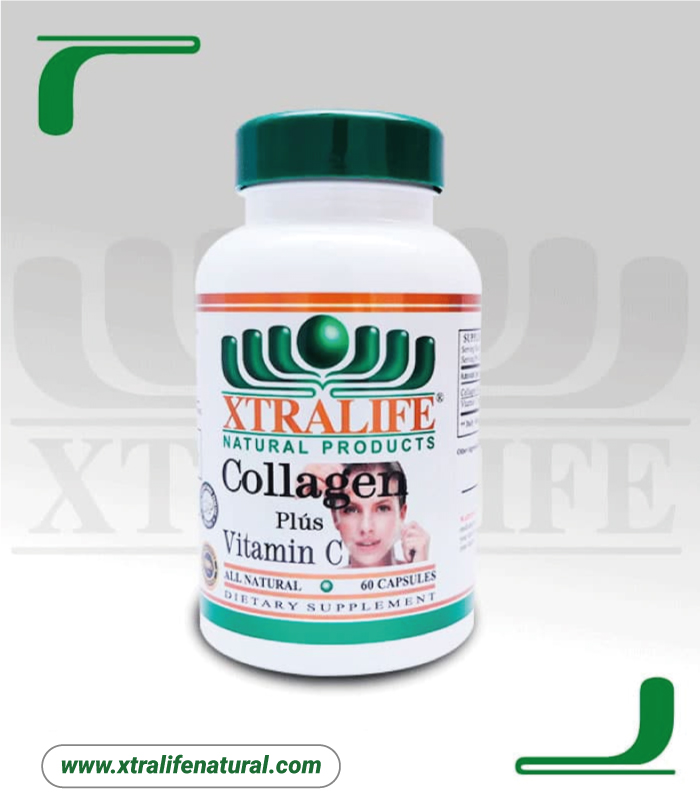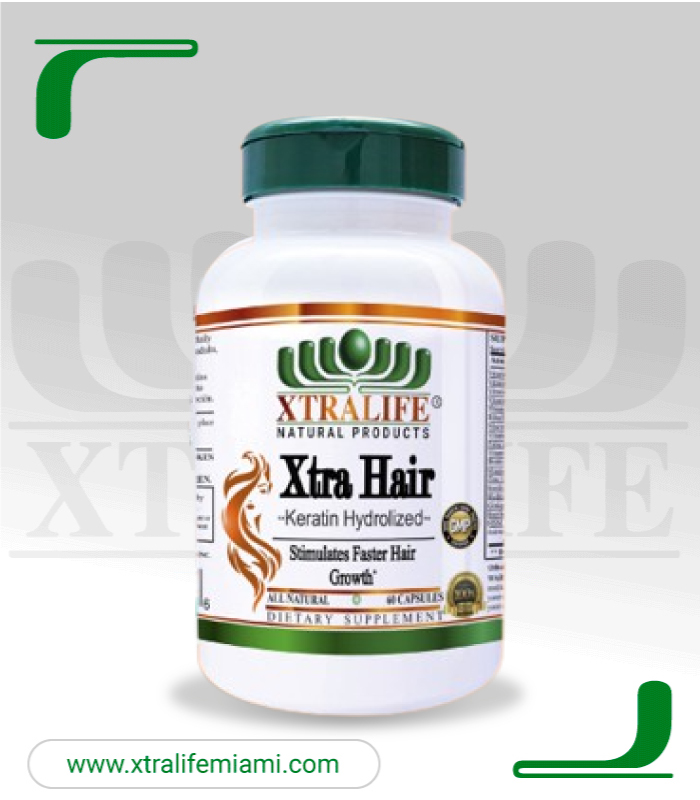What is Collagen and Why is it Important?
Collagen is a vital protein in our bodies, constituting approximately 30% of total proteins, and is essential for maintaining the structural integrity of the skin, bones, muscles, and tendons. It acts as a glue that holds tissues together, and its abundance in youth gives us that characteristic elasticity and strength, which unfortunately diminishes with age. Understanding its role helps us take proactive measures to maintain our optimal levels and preserve our long-term health.
Benefits of Collagen
Collagen is more than just an anti-aging ingredient; it is crucial for maintaining youth not only in our skin but also in our joints and heart. Collagen supplementation has been shown to improve skin elasticity and hydration, reduce wrinkles, and increase bone mineral density. Additionally, its role in strengthening cartilage is an ally against disorders related to joint degeneration, such as arthritis.
Disease Prevention
One of the most significant roles of collagen is its ability to prevent aging-related diseases such as osteoporosis and osteoarthritis. By integrating collagen into our diet, either through collagen-rich foods or supplements, we can mitigate the natural deterioration of our joints and bones and maintain our mobility and quality of life as we age.
Symptoms of Collagen Deficiency
How do you know if you lack collagen? Some signs include increased wrinkles, sagging skin, joint pain, or decreased skin elasticity. Collagen deficiency can also lead to more serious problems such as dental and joint issues. Being attentive to these symptoms can help us act in time to reinforce our collagen levels.
Collagen Consumption: Guidelines and Recommendations
How long should collagen be taken? Experts suggest that collagen should be consumed daily for at least 8 to 12 weeks to observe significant benefits, although results may vary from person to person. It is crucial to follow the recommended doses and consult with a healthcare professional for personalized adjustments.
Vital Functions of Collagen
Collagen not only improves skin appearance or strengthens bones. It is also essential for heart health, helping maintain the elasticity of our arteries and playing a crucial role in the structure of our vital organs and connective tissues. Its presence helps ensure that all systems of the body function optimally.
Natural Sources and Collagen Supplements
Although collagen can be obtained from foods such as bone broth and gelatin, supplements offer a concentrated and often more practical way to ensure adequate intake. When choosing supplements, look for those that specify the source of collagen and have studies supporting their effectiveness and purity.









 Contact Us:
Contact Us:
